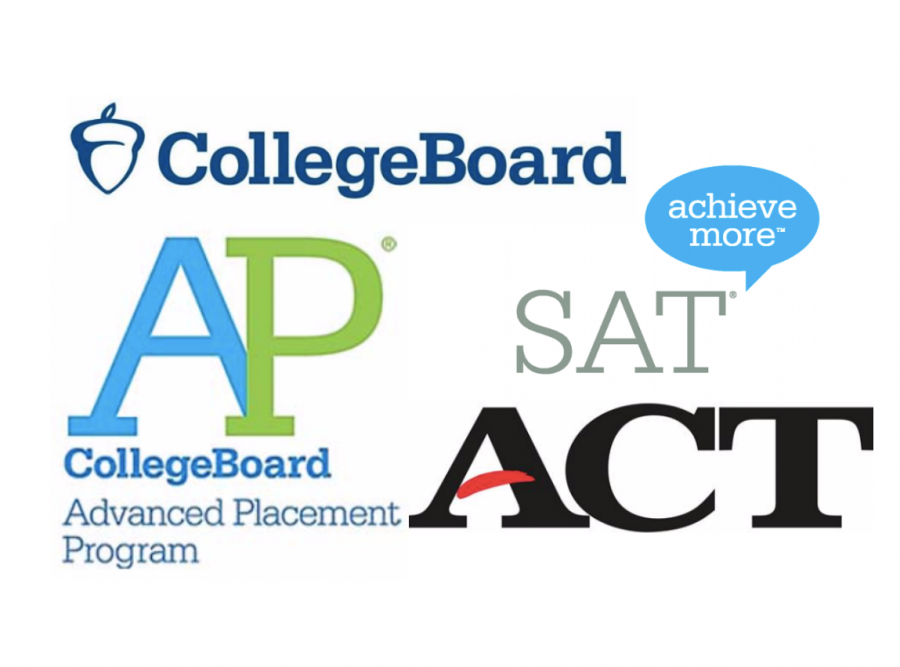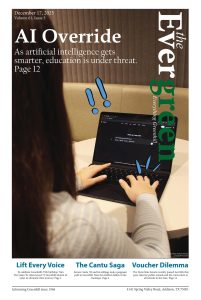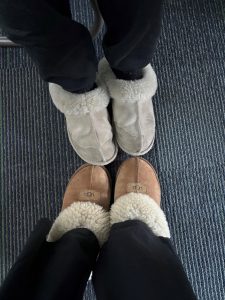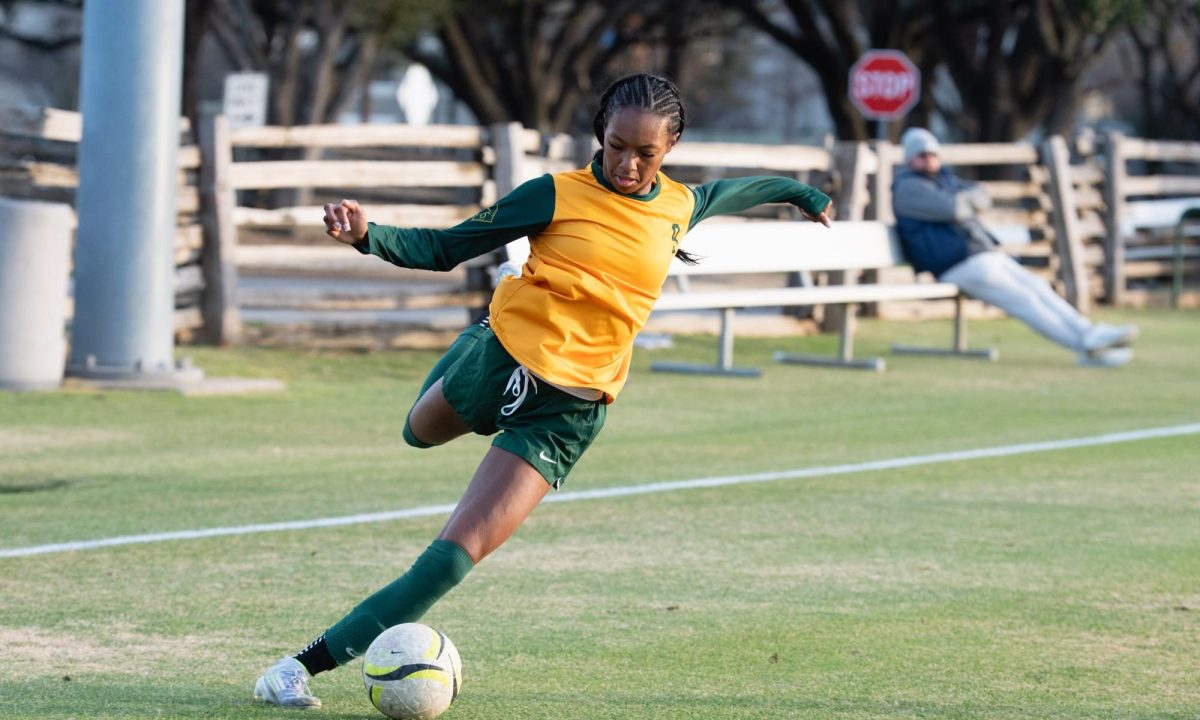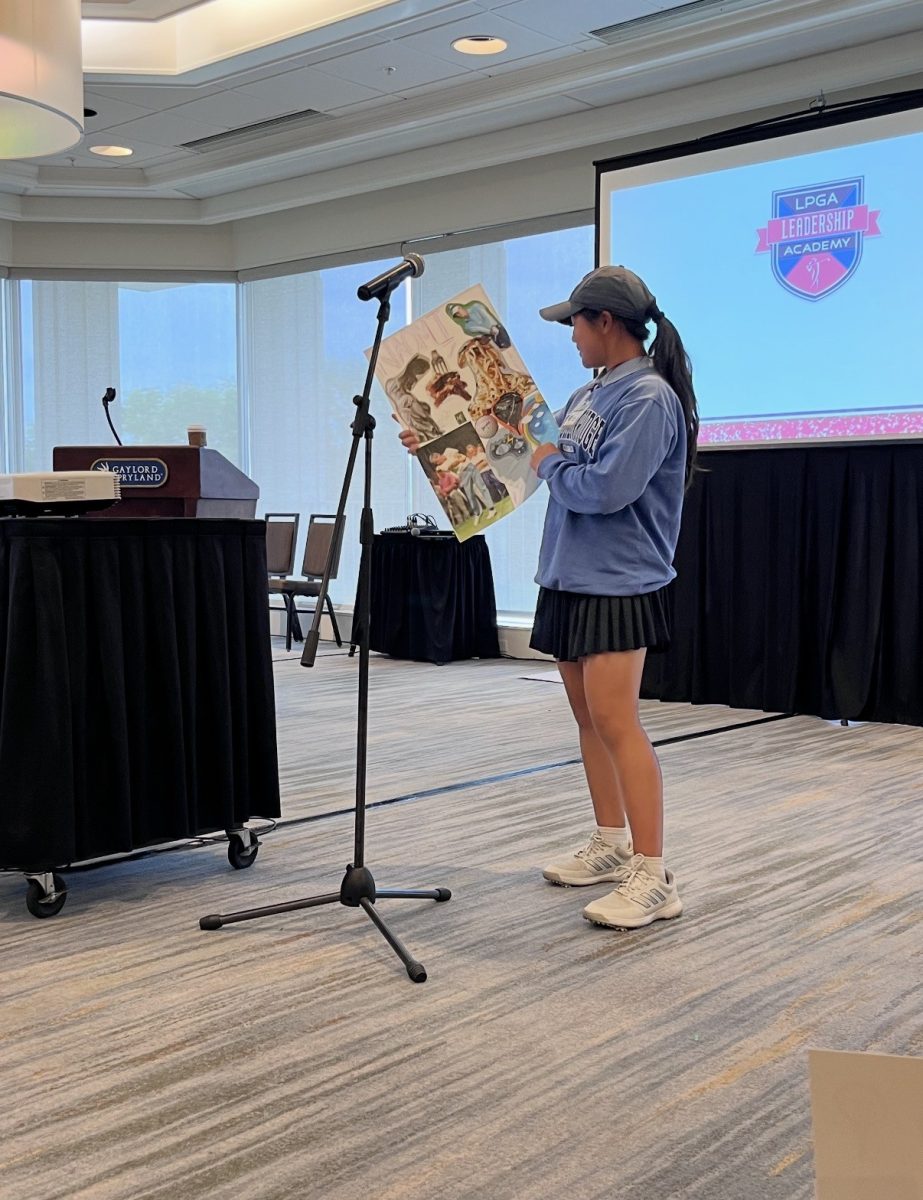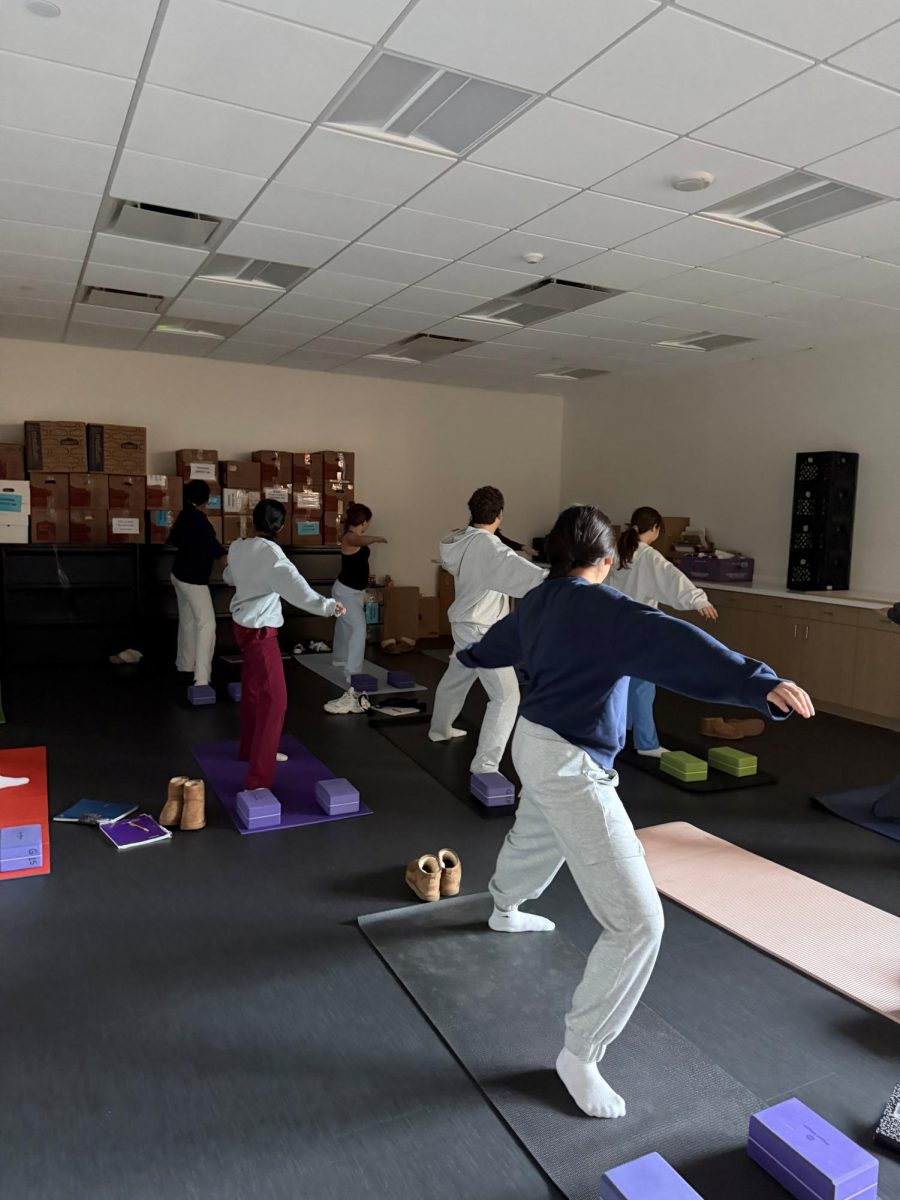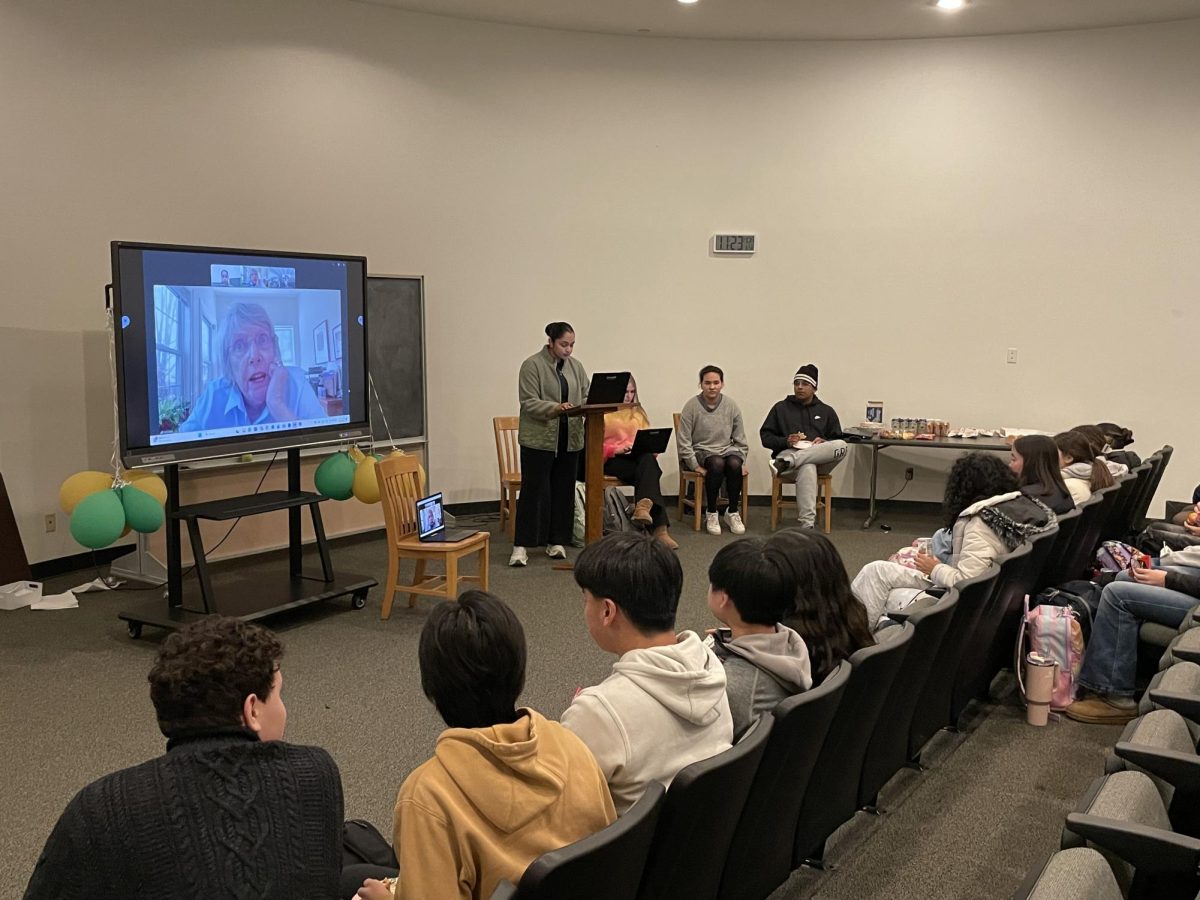COVID-19 Pandemic Affects College Process For Greenhill Students
June 10, 2020
The months of COVID-19 quarantines and online learning have presented rising high school seniors with various roadblocks in their college selection journeys.
Recently, the College Board—the organization that administers standardized tests used in college admission and placement—released a statement announcing the cancellation of the June SAT test. This is the third SAT test canceled this year due to the COVID-19 pandemic. The ACT is still scheduled to be given on June 13, but with strict limitations to ensure social distancing and other safeguards.
AP exams altered
Advanced Placement (AP) tests were not canceled, but they were shifted online. More than 2 million students took the tests electronically. In order to accommodate the online environment, the College Board made the test open note, removing all multiple choice questions and instead making the exams consist of several free response questions.
After taking the test, rising senior Kelly Meng said she found a large discrepancy between the study material provided by the College Board and the actual test.
“The experience was very different from what I expected,” Meng said. “There wasn’t a lot of transparency in regards to the changes of the test, so it was hard to study and prepare for it.”
Other students cited technology issues and said they weren’t able to submit their results.
The College Board reported that a little less than 1% of students who took the test were unable to submit their answers. These students have either already retaken their tests or plan to in late June.
Summer activities disrupted
Another unwelcome development for rising seniors has been the disruption of summer plans. Many students said they have had to reschedule or cancel camps and internships due to the pandemic.
“I was supposed to go to a debate camp at University of Michigan,” Meng said, “But now the camp is online and a lot of my friends have dropped out, so I don’t know if I should go. Plus, it is really hard to do debates online.”
Additionally, many businesses and institutions are postponing student internship opportunities, Meng said. That could stall many students in their search for extra-curricular activities they hoped would allow them to stand out in the college admissions process.
Standardized tests scrapped
Many colleges have adapted to changed conditions by scrapping standardized-test requirements in their admissions processes, either temporarily or permanently.
For a few years, the University of California system has been grappling with the idea of phasing out the standardized testing requirement for undergraduates. Lt. Gov. Eleni Kounalakis, among others, has promoted the idea that the pandemic was the perfect time to start the transition.
Several Ivy League schools like Harvard University and Cornell University are also dropping the requirement of standardized test scores on student applications. Unlike the University of California system, these changes seem to be temporary.
2020-2021 uncertainties
It’s not only juniors who are being affected by the global pandemic. Many high school seniors still don’t know what their first semester of college will look like.
Given the ongoing uncertainties of the unchecked coronavirus, many universities are entertaining the possibility of teaching partially, if not fully, online classes in the fall.
The University of California system, for example, is considering a partial opening of campuses in the fall, where some classes, such as science courses requiring hands-on lab work, would be taught in-person and others taught remotely.
Recent Greenhill graduates are among the incoming freshmen across the country waiting to see what the fall will hold for college campuses.
Senior Haley Lieberman will be attending the University of Texas McCombs School of Business this fall. Summer orientation for incoming freshmen will definitely be online, Lieberman said.
“We know that we will be having classes, not to full occupancy, and have to wear masks inside the building,” Lieberman said. “They ‘intend to have as many courses, students, faculty and staff on campus in the fall as possible, while maintaining the health and safety of our community members’ and that some classes will be online.”
Senior Anais Zhang faces uncertainty with her first semester at Dartmouth College, where she plans to study either economics or pursuing the pre-med track.
Similar to the University of Texas, Dartmouth College is still grappling with how they will conduct the beginning of the school year to ensure the safety of students, staff and faculty.
“Emails sent to current students have indicated that the fall quarter will most likely consist of a mix of virtual and in-person classes,” Zhang said. “Since Dartmouth’s campus is rather remote compared to other colleges located in metropolitan areas, I am optimistic about my chances of spending the beginning of my freshman year on the Big Green.”

